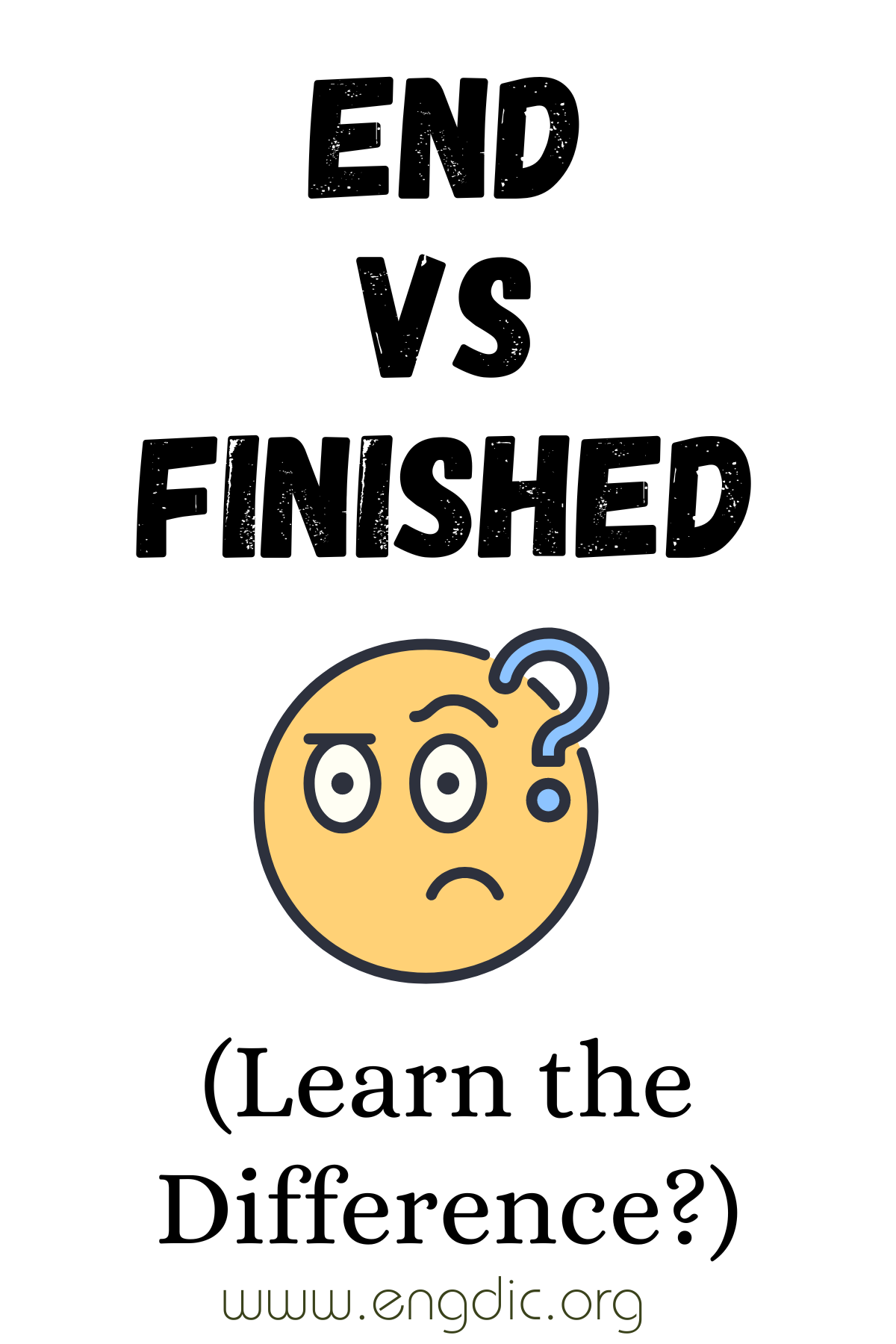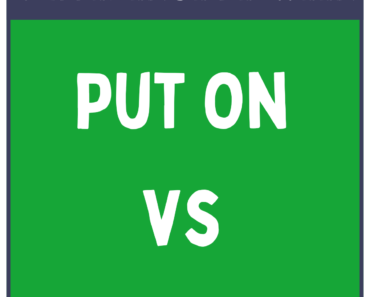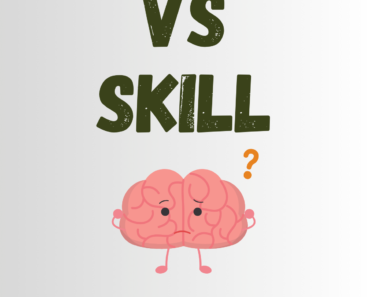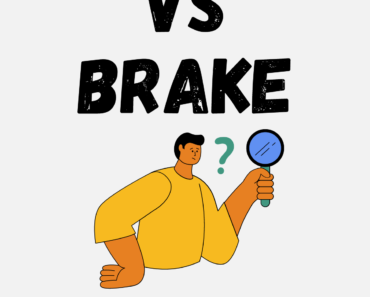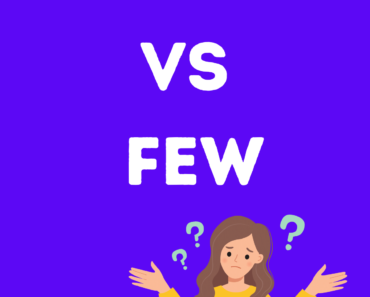The words “end” and “finished” often create confusion due to their similar meanings, but they differ in subtle ways.
- “End” refers to a point where something stops, often marking the conclusion of an event, process, or period of time.
- In contrast, “finished” implies that something is complete or has met its intended purpose.
While “end” can be an abstract or physical limit, “finished” highlights that a task or action is fully completed. Understanding these nuances ensures the correct usage in context, as outlined below.
End
Definition:
- End (noun): The point where something concludes or ceases to exist.
- End (verb): To bring something to a close or to reach the point where something stops.
Usage:
- Noun Usage:
- Example: “The end of the movie was surprising.”
- Explanation: Here, “end” signifies the final part of the movie.
- Verb Usage:
- Example: “She decided to end her speech with a joke.”
- Explanation: In this sentence, “end” is used to denote bringing the speech to a conclusion.
- Figurative Usage:
- Example: “They reached the end of their patience.”
- Explanation: “End” metaphorically marks the limit of patience, indicating no more tolerance.
Finished
Definition:
- Finished (adjective): Fully completed, with all parts, tasks, or steps done.
Usage:
- Completion:
- Example: “The project is finished after months of hard work.”
- Explanation: “Finished” emphasizes that the project is entirely complete.
- Quality:
- Example: “Her essay was well-finished, leaving no room for improvement.”
- Explanation: “Finished” here refers to the quality of being well-done or polished.
- Idiomatic Usage:
- Example: “He’s finished with this nonsense!”
- Explanation: “Finished” indicates a person is done tolerating or engaging with something.
